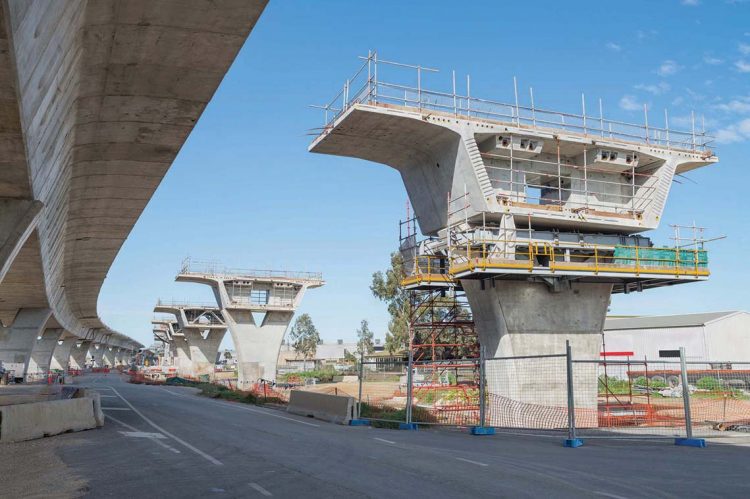Editor’s Note: The following article is from the Policy & Legal Matters column in the February issue of RISMedia’s Real Estate magazine.
State and local governments will soon receive an influx of federal cash from the $1.2 trillion bipartisan infrastructure bill, signed into law in November 2021. The largest federal public works legislation in over half a century, the bill touches every sector of infrastructure. Federal agencies will stand up programs and disburse funds, but state and local governments will design, build, own and operate many of the new assets. As local officials make plans, they should take steps to ensure that projects prioritize community needs and share benefits equitably—steps that many communities ignored during the last major national infrastructure investment.
The U.S. interstate highway system built with hundreds of billions in federal funds over four decades beginning in the 1950s, has been called “the greatest public works project in history.” Stretching over 47,000 miles of road, it transformed the American way of life, connecting cities and fueling economic growth.
Like other urban development projects of the mid-20th century, however, highway construction came at an enormous cost to America’s Black communities. The U.S. Department of Transportation estimates that more than a million people, disproportionately people of color, were displaced to make way for the new roads.
Policymakers and planners in the 1950s and ’60s saw highway construction as a tool to raze undesirable neighborhoods and to reinforce residential segregation at a time when courts were striking down explicit racial zoning laws. Highways would become, in the words of then-Atlanta mayor Bill Hartsfield, “the boundary between white and Negro communities.”
Black-owned homes and businesses were often taken by eminent domain, without adequate compensation. Nearly every major American city, including New York, Miami, Chicago, Minneapolis, Pittsburgh, Oakland, Nashville and Baltimore saw highways cut through Black neighborhoods, flatten Black business districts and destroy wealth-generating activity among Black residents.
How can local planners avoid repeating the past? In addition to centering community input in the planning process, cities and states can devise creative solutions to repair the harm caused by historic highway construction.
Cities like Detroit, New Orleans and Syracuse are considering plans to remove portions of freeways that divide communities, replacing them with boulevards, green spaces and pedestrian paths. A program in the federal infrastructure bill called “Reconnecting Communities” dedicates $1 billion to address the “legacy of highway construction built through communities” by removing or repurposing infrastructure barriers. Federal funds can catalyze other public and private investments to revitalize urban neighborhoods decimated by highway construction.
The bipartisan infrastructure bill provides cities and states an opportunity to reckon with the past and build a more equitable and sustainable future. Understanding history can help us ensure that this time around, America’s once-in-a-generation infrastructure investment creates broad prosperity that all can share.
For more information, please visit https://www.nar.realtor/transportation-and-infrastructure and https://www.nar.realtor/fair-housing.
 Alexia Smokler is the National Association of REALTORS®’ senior policy representative for Fair Housing.
Alexia Smokler is the National Association of REALTORS®’ senior policy representative for Fair Housing.












